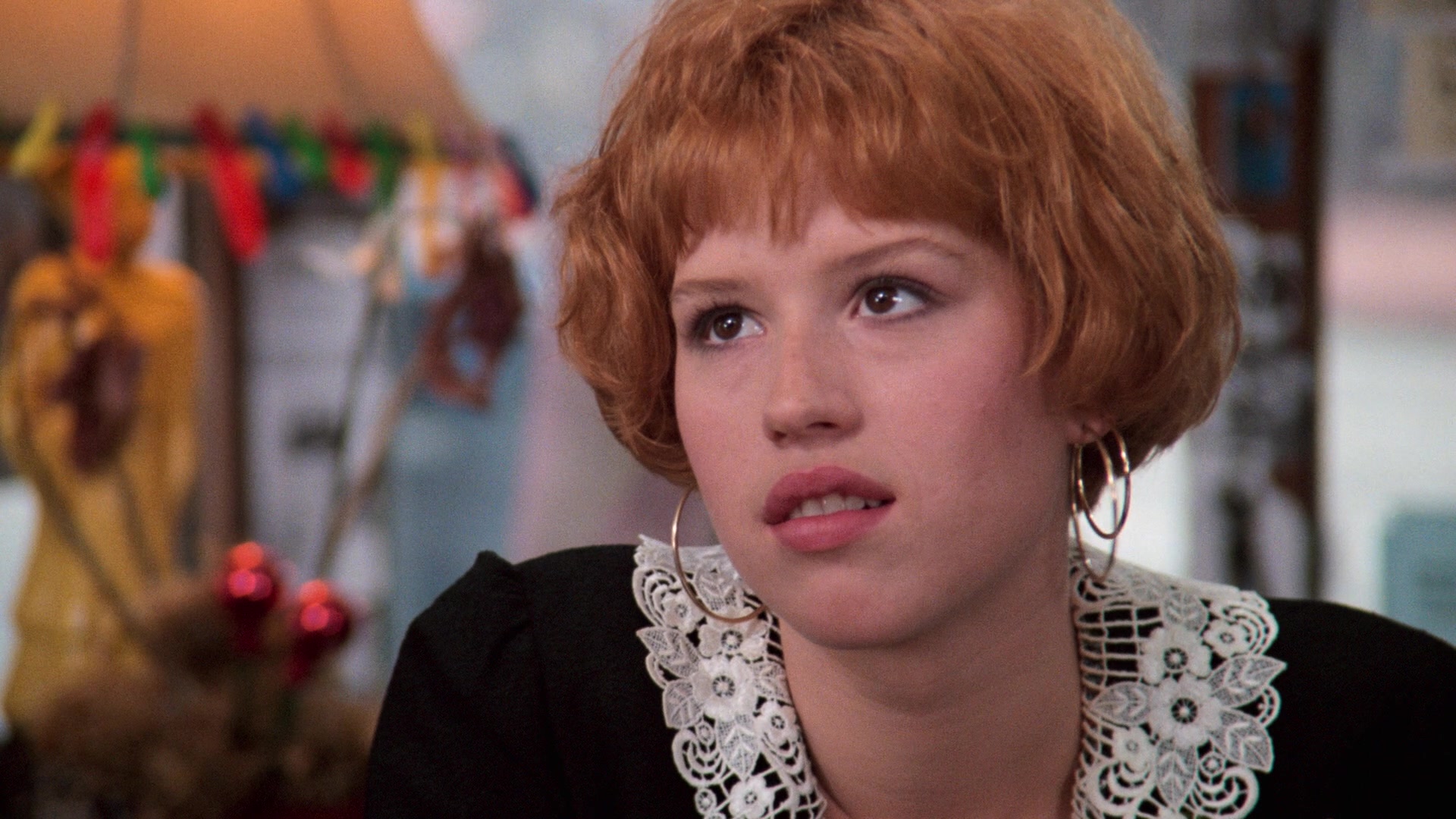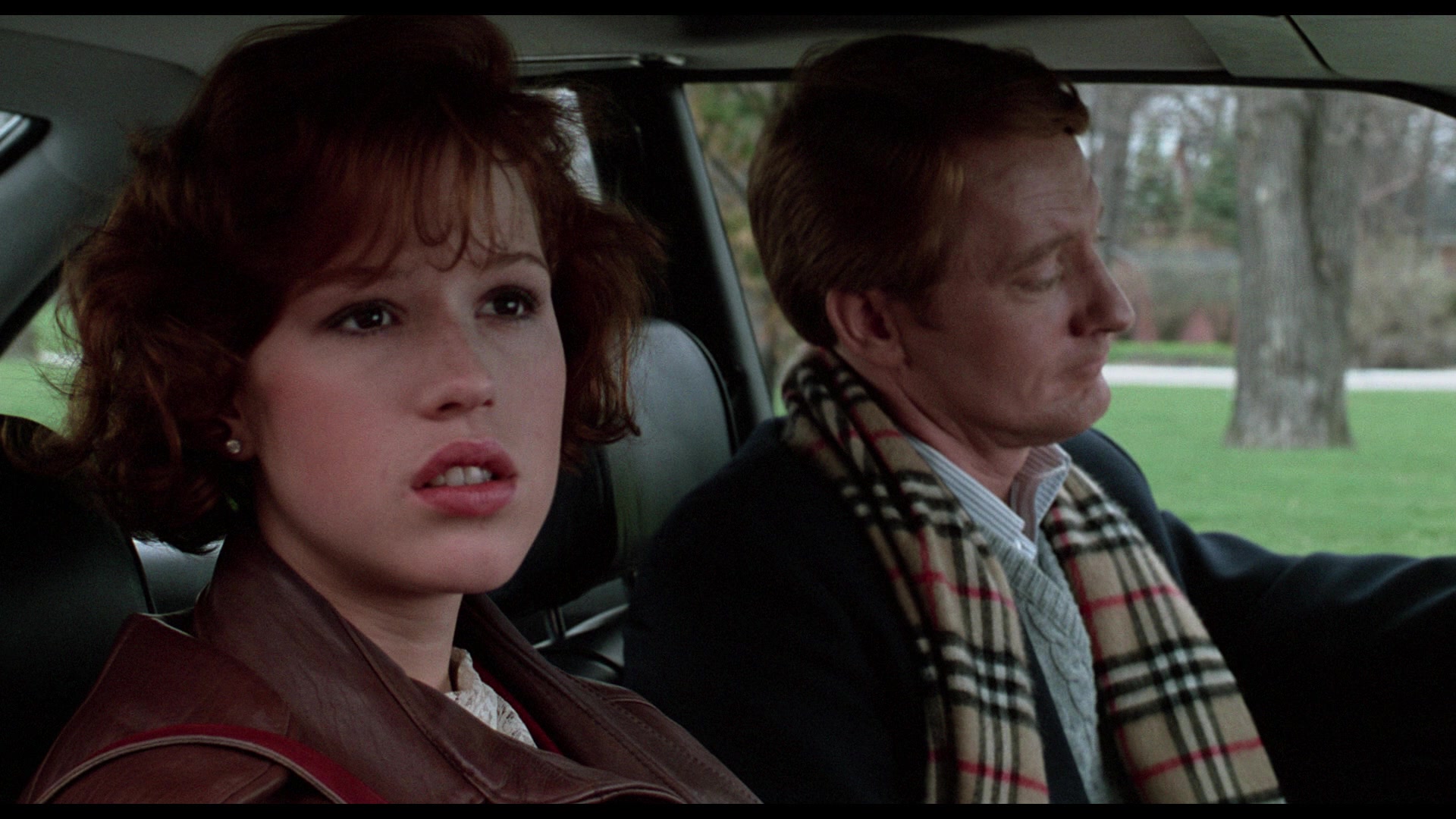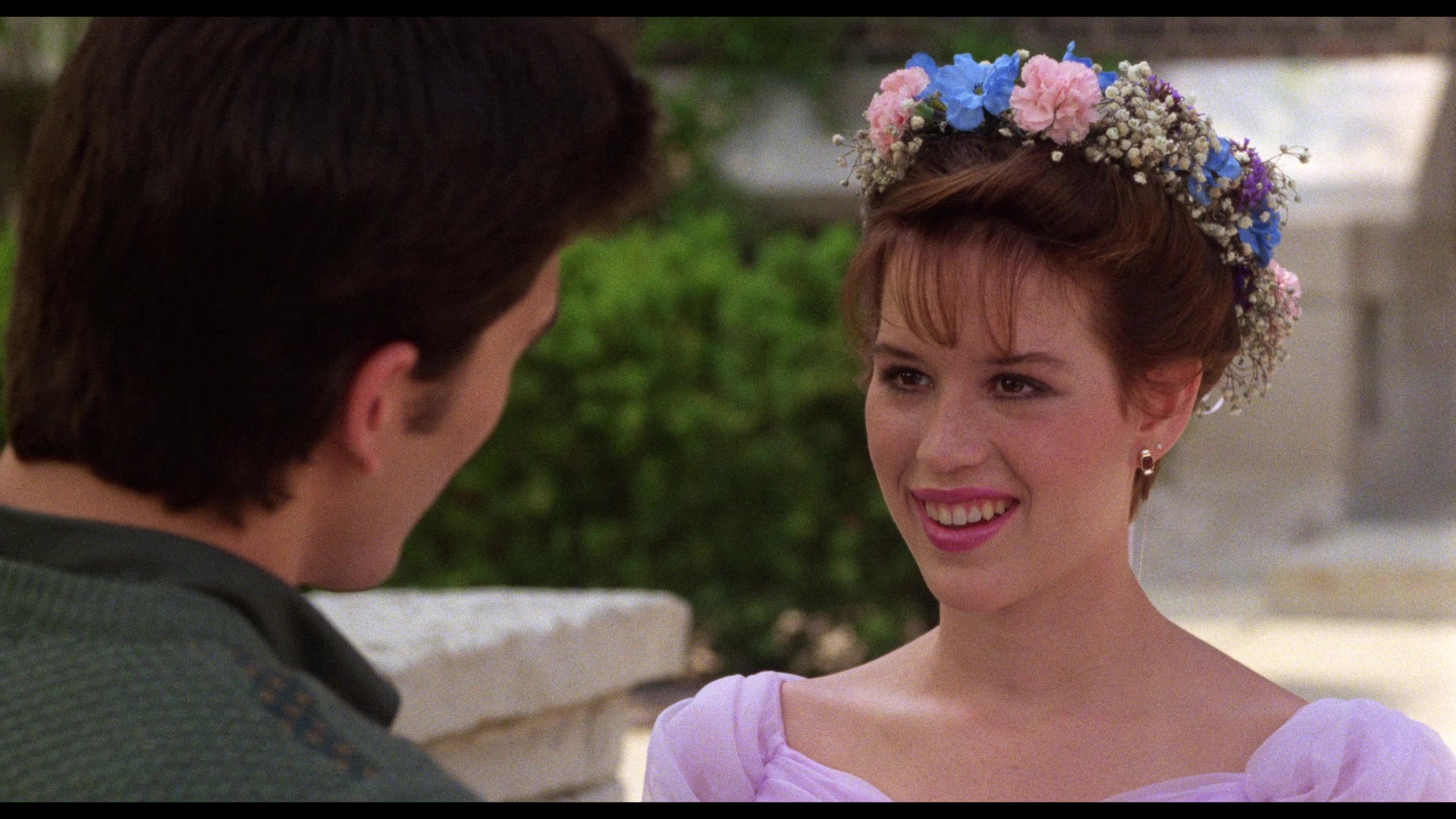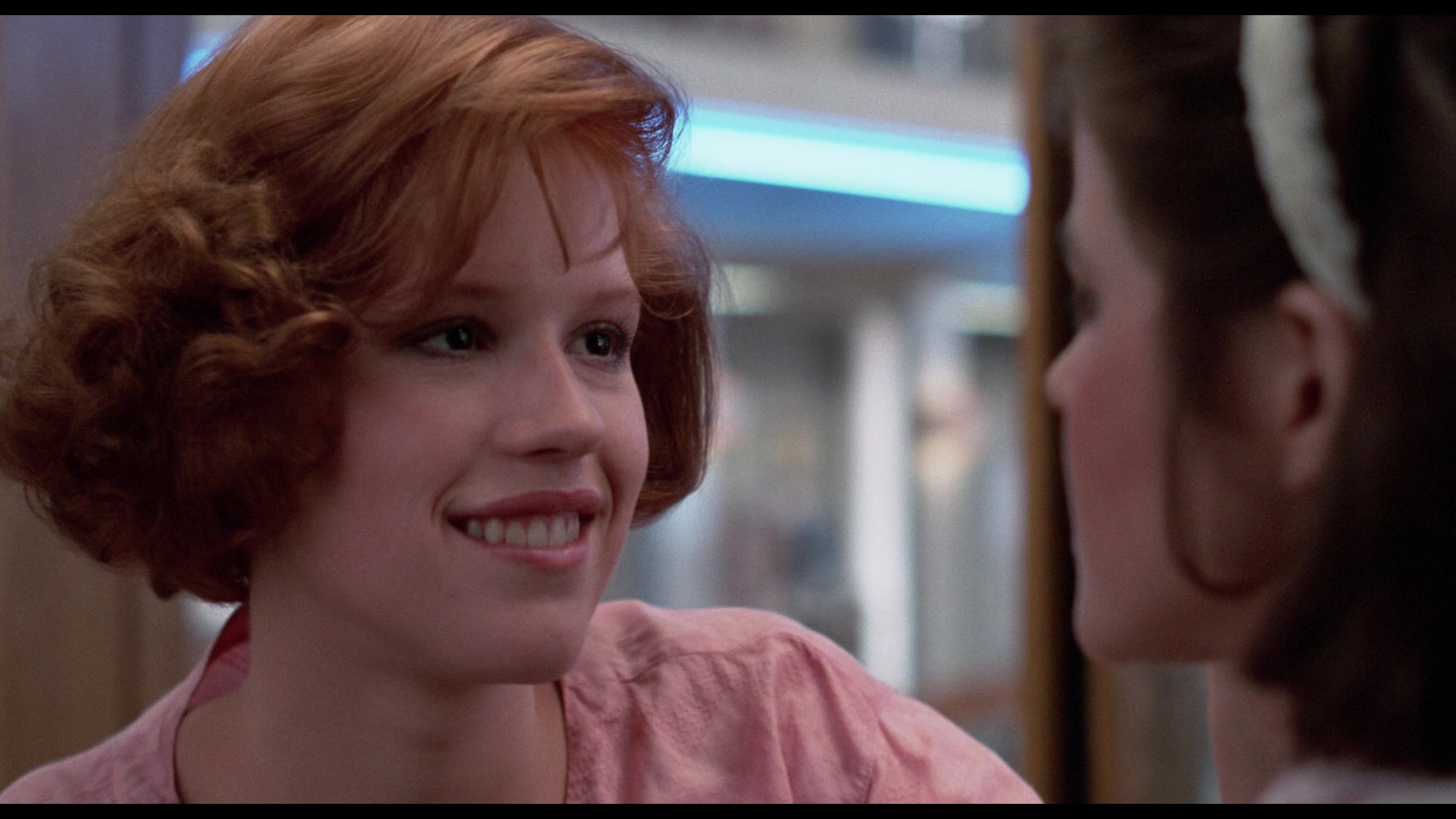Molly Ringwald Says Any Potential Remake Of ‘The Breakfast Club’, ‘Pretty In Pink’, Or ‘Sixteen Candles’ Would “Have To Be More Diverse” Because “Those Movies Are Really, Really, Very White”

In the opinion of 80s cinema icon Molly Ringwald, should Hollywood ever wish to remake Sixteen Candles, The Breakfast Club, or Pretty In Pink, said remakes would “have to be more diverse” in order to really “represent what it is to be a teenager in a school in America today.”

RELATED: Ally Sheedy Says She Was “Uncomfortable” With Her Breakfast Club Makeover
Ringwald weighed in on the prospect of possibly remaking the trio of John Hughes-directed, teenage coming-of-age films while speaking with Variety’s senior awards editor, Clayton Davis, following her reception of the publication’s Creative Vanguard Award at the 2024 Miami Film Festival.
Per a clip of her appearance provided by Variety, at one point during her time on stage, the actress was asked for her thoughts on remaking any of the above named films.
In turn, Ringwald asserted, “The movies that I’m so well known, they were very much of a time, you know, and I think that if you were to remake that now, I think it would have to be much more diverse. You couldn’t make a movie that white, [laughs] now.”
“Those movies are really, very white, and they don’t really represent what it is to be a teenager in a school in america today,” she added. “But I think that they were really great and they were of that time and they really represented Hughes’ experience.”

This is not the first time the Riverdale actress has spoken to the lack of superficial diversity in her Hughes-helmed filmography.
Yet interestingly enough, in her previous discussion of the topic, Ringwald actually recalled how, despite none of these three films featuring a cast that contemporary critics would consider ‘diverse’, she was constantly hearing from various non-white, non-straight individuals regarding how much they identified with film thanks to its ‘outcast’ messaging.
“I’m not thinking about [John Hughes] right now but of the films that he left behind,” she wrote in a 2018 reflection on the film penned for The New Yorker. Films that I am proud of in so many ways. Films that, like his earlier writing, though to a much lesser extent, could also be considered racist, misogynistic, and, at times, homophobic. The words ‘fag’ and ‘faggot’ are tossed around with abandon; the character of Long Duk Dong, in Sixteen Candles, is a grotesque stereotype, as other writers have detailed far more eloquently than I could.”

“And yet I have been told more times than I could count, by both friends and strangers, including people in the L.G.B.T. community, that the films ‘saved’ them,” the Monster: The Jeffrey Dahmer Story star recalled. “Leaving a party not long ago, I was stopped by Emil Wilbekin, a gay, African-American friend of a friend, who wanted to tell me just that. I smiled and thanked him, but what I wanted to say was ‘Why?’ There is barely a person of color to be found in the films, and no characters are openly gay. A week or so after the party, I asked my friend to put me in touch with him. In an e-mail, Wilbekin, a journalist who created an organization called Native Son, devoted to empowering gay black men, expanded upon what he had said to me as I had left the party.”
“The Breakfast Club, he explained, saved his life by showing him, a kid growing up in Cincinnati in the eighties, “that there were other people like me who were struggling with their identities, feeling out of place in the social constructs of high school, and dealing with the challenges of family ideals and pressures,'” she continued. “These kids were also ‘finding themselves and being ‘other’ in a very traditional, white, heteronormative environment.’ The lack of diversity didn’t bother him, he added, ‘because the characters and storylines were so beautifully human, perfectly imperfect and flawed.’ He watched the films in high school, and while he was not yet out, he had a pretty good idea that he was gay.”

